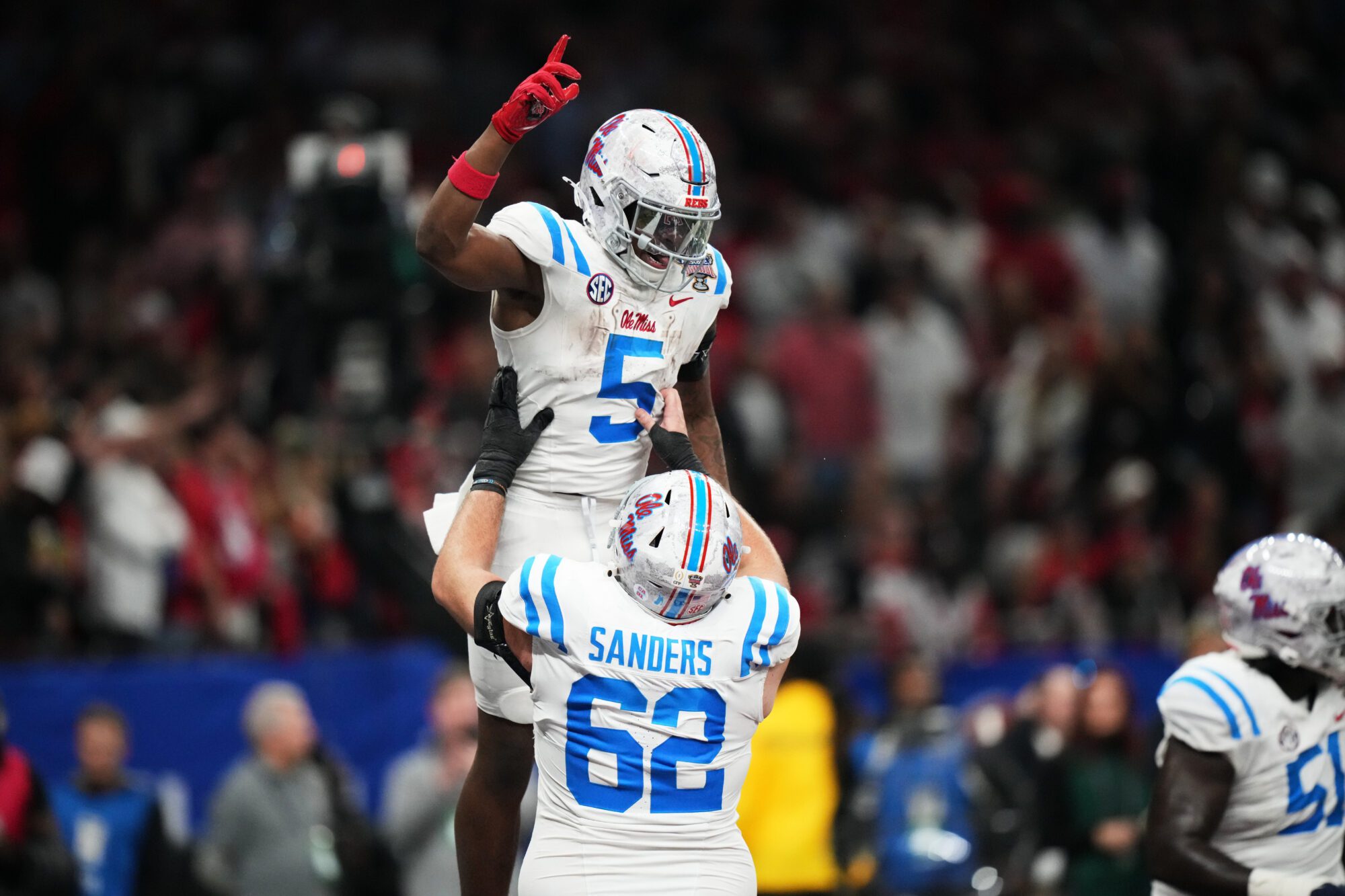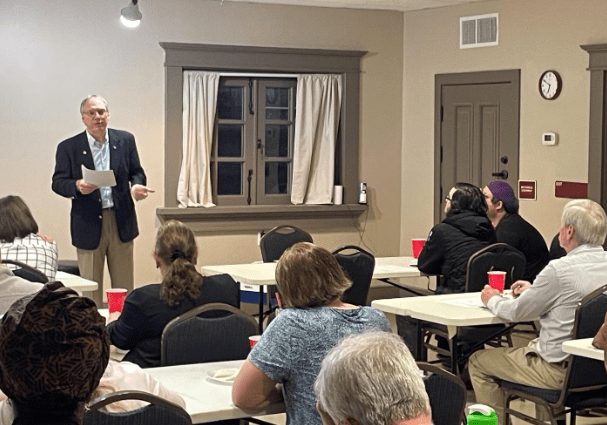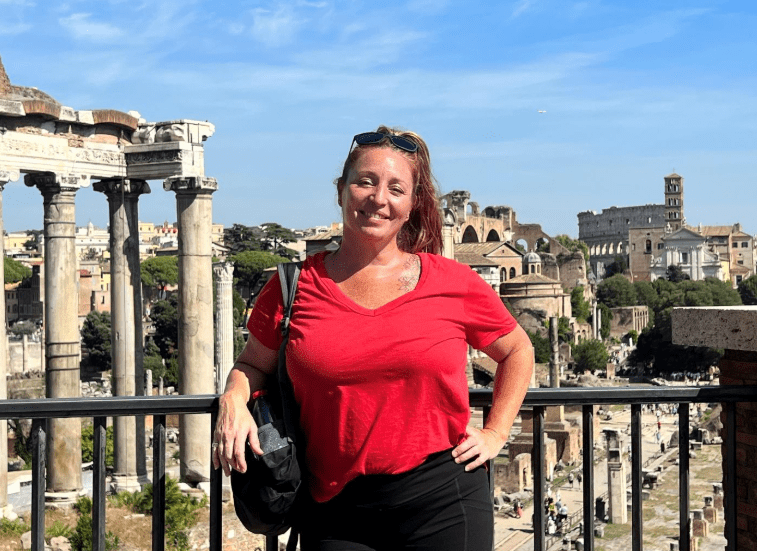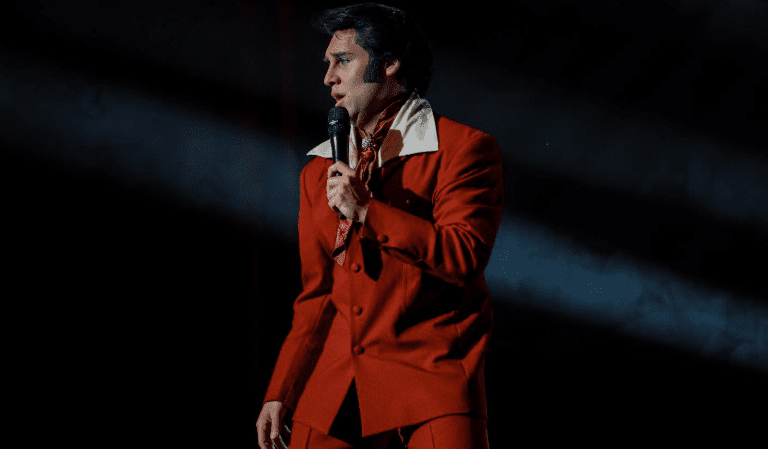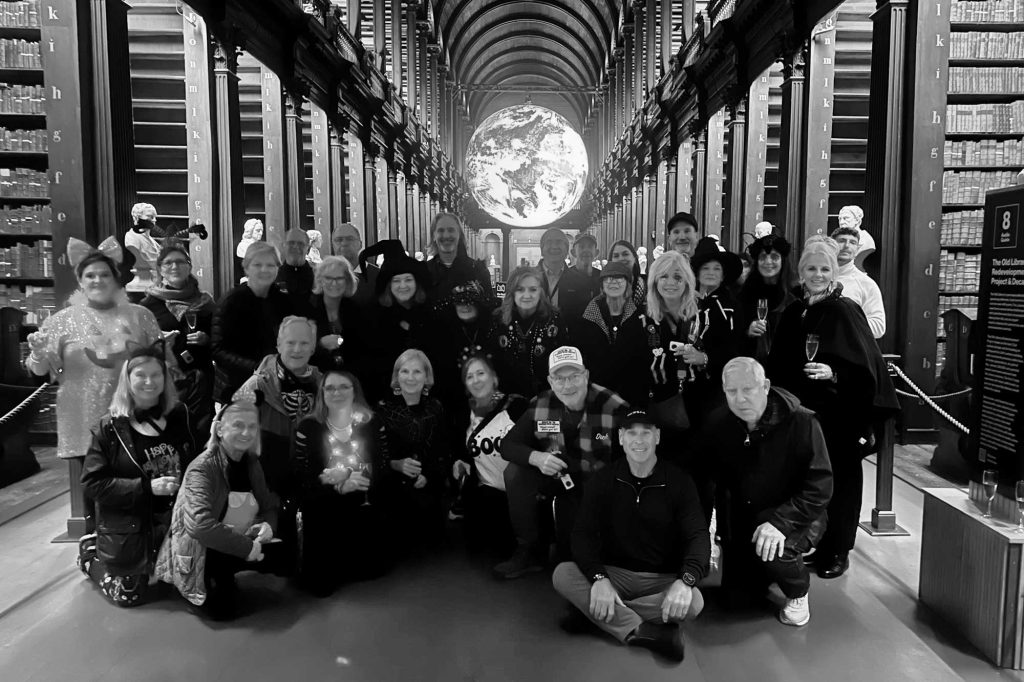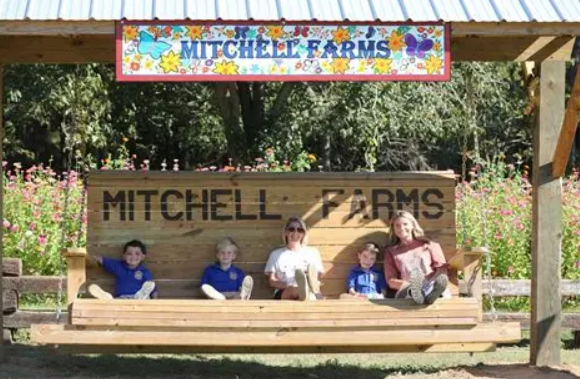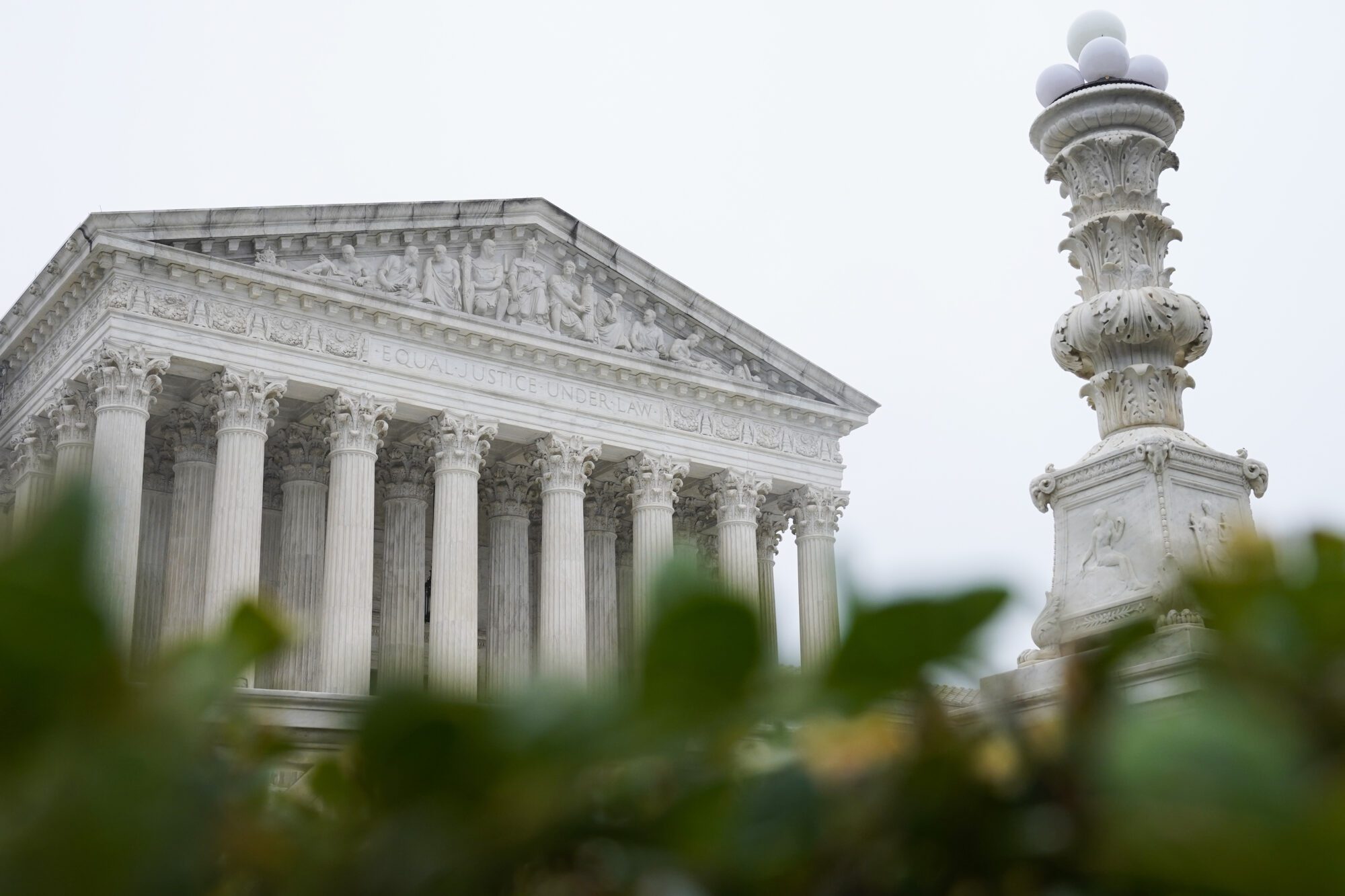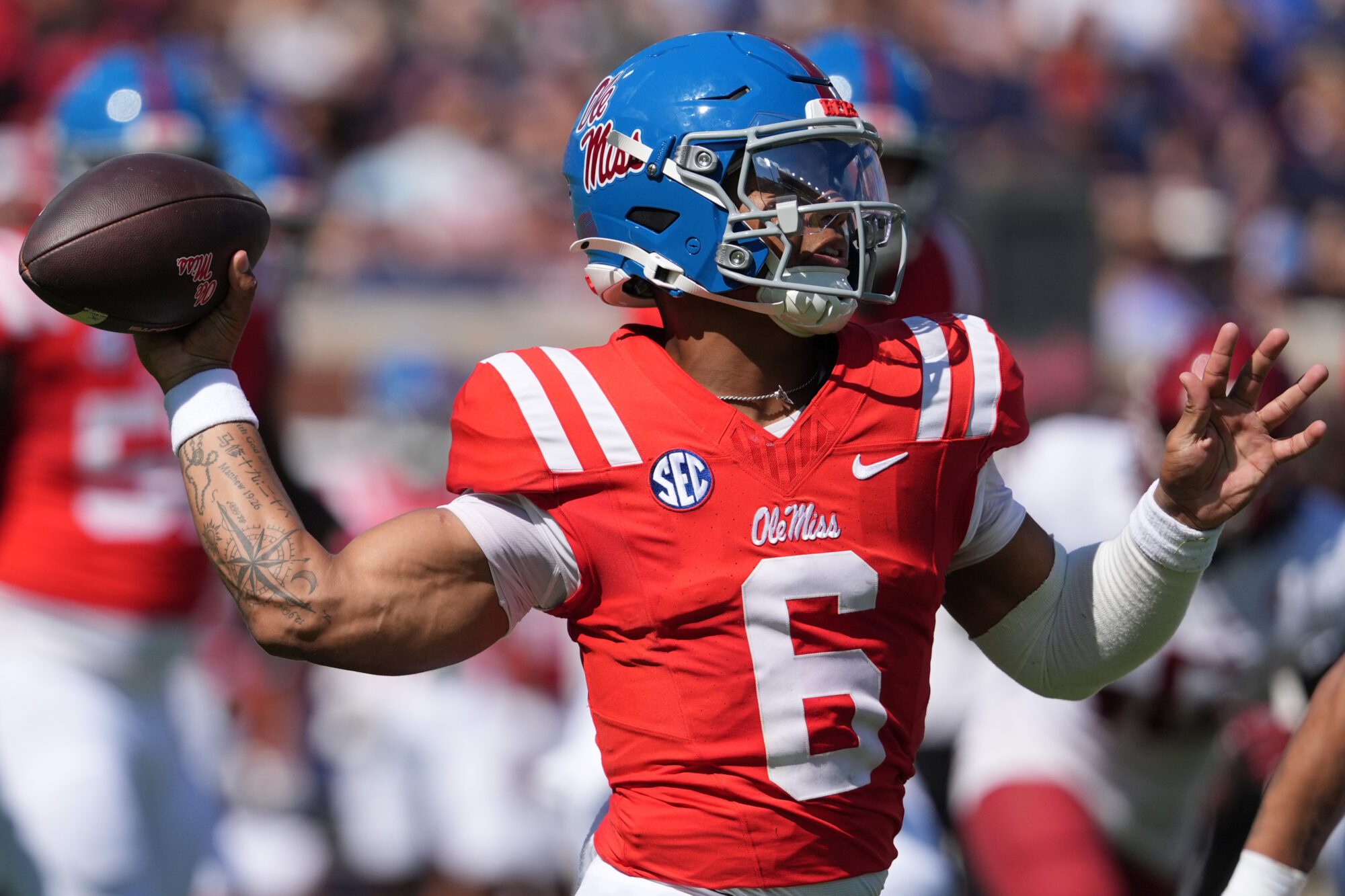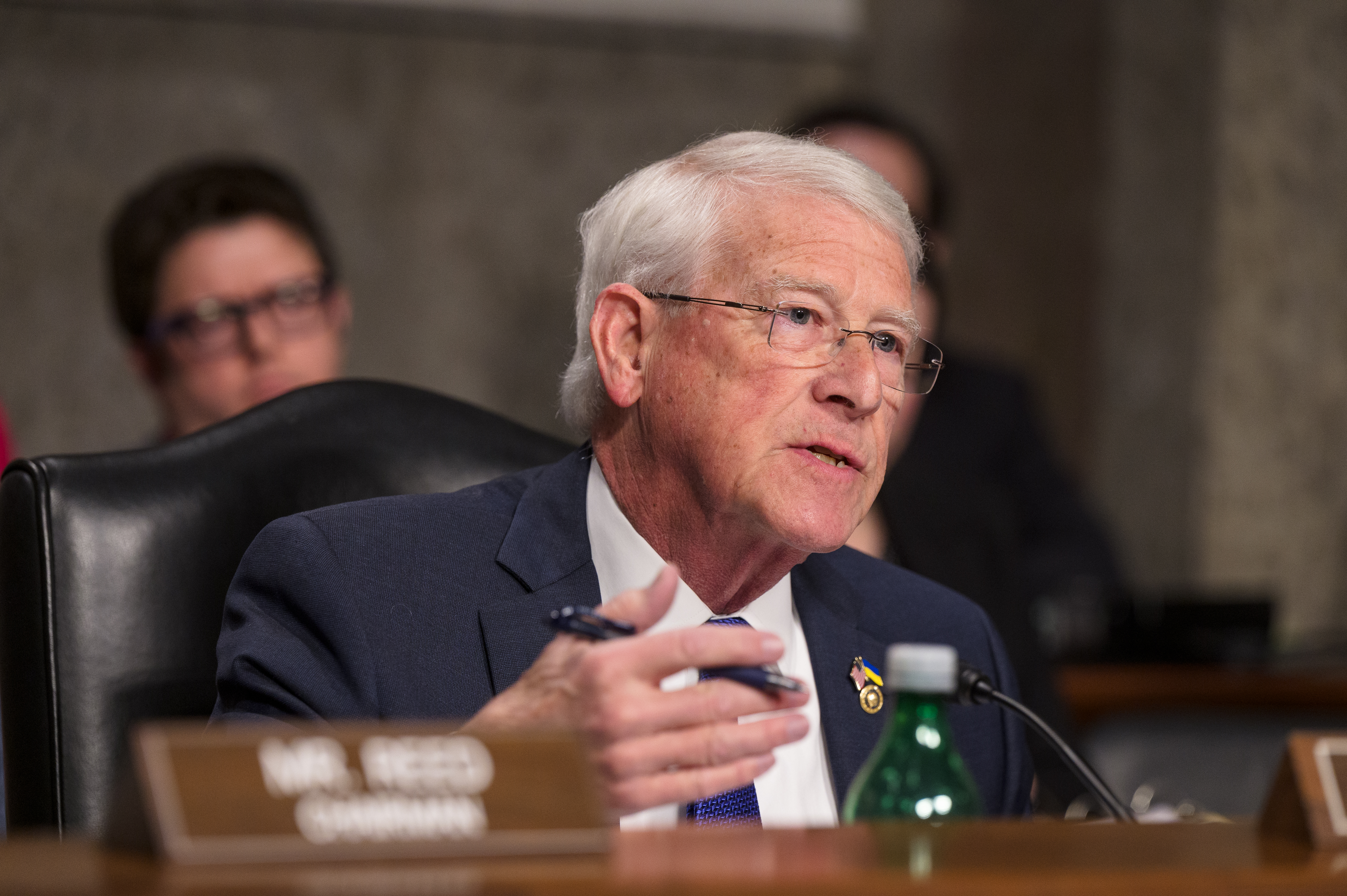
Chris and Joey Ethridge (Photo courtesy of Joey Ethridge)
- Born in 1947 in Meridian, Ethridge baptized himself in the magical Mississippi waters and seeded his spirit in the Southern song.
The names of music legends shouted from rooftops claim center stage in our memories. But if you listen carefully beyond the sensational roars, some of the most powerful names hum quietly from the foundations from which music was born.
Chris Ethridge — bassist, songwriter, and genre-blurring collaborator — never played for glory. He played for the meticulously melded sounds, locking his bass lines tightly with the drummer’s rhythm and beat, subtly, yet with expert timing and instinctive feel. He became an unsung architect of the country rock movement.
Born in 1947 in Meridian, Ethridge baptized himself in the magical Mississippi waters and seeded his spirit in the Southern song. Surrounded by gospel, blues, and country, he absorbed early influences in clubs and churches, where melodies made you move in both settings. By his teen years, his bass lines carried the lilt of the Delta and the honkytonk jukebox swing. A chance encounter with Johnny Rivers in Biloxi took seventeen-year-old Chris Ethridge west to California, where he helped build the bridge between country and rock.
From Mississippi Mud to Cosmic American Music
In late 1960s Los Angeles, Ethridge and his bass became the heart of a musical experiment. He joined the International Submarine Band, a group founded by John Nuese and Gram Parsons, which became the prototype for the emerging country rock scene.
Later, Parsons and Chris Hillman co-founded The Flying Burrito Brothers, and Ethridge joined them. The three defined the country rock genre, and they did so in custom Nudie suits, famously embellished with rhinestones and bold iconography — including marijuana leaves, pills, naked women, and floral designs — pushing the boundaries of stage wear into a psychedelic rebellion.
In 1969, The Gilded Palace of Sin became a cornerstone of “Cosmic American Music.” Ethridge’s bass lines walked lightly, carrying the emotional heft of the song. Tracks like “Hot Burrito #1” and “Hot Burrito #2,” Ethridge co-wrote with Parsons, revealed Ethridge’s unpretentious progressions, never extravagant but always unmistakable. The year of the album release, Ethridge’s Nudie suit was stolen from the road manager Phil Kaufman’s vehicle in L.A.’s Silver Lake neighborhood.
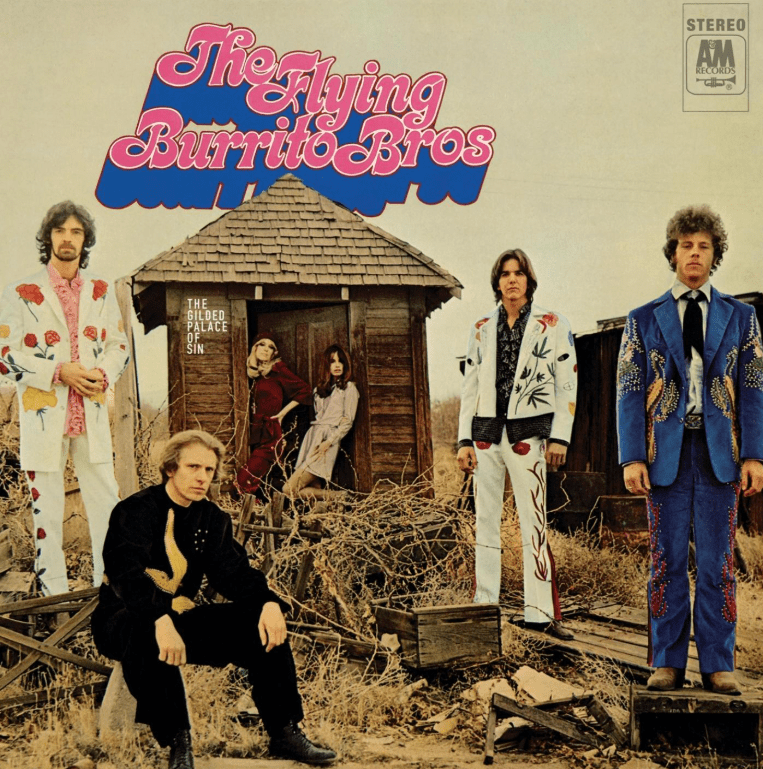
A Session Man and Willie Nelson
Ethridge stepped away from the band despite his success with the Burrito Brothers. But he was far from finished. He became a first-call session musician who lent his tone and timing to some of the era’s most important records, like Ry Cooder’s early solo albums, including Paradise and Lunch and Chicken Skin Music, where Ethridge’s bass slipped seamlessly between blues, soul, and Tex-Mex. He contributed to Linda Ronstadt’s landmark Heart Like a Wheel. He also contributed to albums by Judy Collins, Gene Clark, Randy Newman, Nancy Sinatra, The Everly Brothers, and Jackson Browne.
His most memorable mainstream contribution was as Willie Nelson’s longtime bassist. In 1978, he started touring extensively with them and played on the multi-platinum Stardust.
Quiet confidence marked Ethridge’s style. As a craftsman, he favored his Fender Precision Bass, believing restraint was the mark of a real player. In one of Ethridge’s interviews, he said anybody can play, but it takes a real musician to hold back and just play what’s called for.
Ethridge helped elevate the bassist role in country rock and generate the genre-blending evolution into Americana, carried on by Wilco, Jason Isbell, and countless others. Although he never played for notice, no listener ever walked away without noticing.
Returning Home
After years on the road and in the studio, Ethridge eventually returned to Meridian. Far from the spotlight there, he settled back into his hometown life and played five years with The Sucarnochee Revue, hosted by Jacky Jack White.
“The first time I met Chris Ethridge,” said White, “I was hosting the Sucarnochee Revue at the Temple Theater in 2008. Here comes this guy who looked like a gunslinger from the Old West. He introduced himself. I told him I’d been wanting to meet him for a long time.”
White told Ethridge about his senior year Christmas. “We didn’t have much money. So, my mother gave us five dollars apiece. We went to Roses Department Store and bought four discount rock albums at $1.99 each.” One album was The Flying Burrito Brothers’ Gilded Palace of Sin. “I told him he saved our Christmas. Chris broke down crying. From that moment on, we were brothers.”
Chris Ethridge had two siblings, Tommy, the middle brother, and Joey, the youngest brother. Both became exceptional instrumentalists and still play gigs locally and regionally.
“Chris is the reason I play,” said Joey. “He was in some bands, and they would come over and practice. That’s what inspired me to learn to play.”
He also taught Joey, who played lead guitar, a vital music lesson. After one of Joey’s gigs, Chris said, “You’re just playing scales. Why don’t you play one note and make it sound good?”
“To me, that meant don’t play too much,” said Joey. “Play with meaning.”
Joey lived with Chris for a while in California to play his own music, but returned to Meridian after his brother and Sneaky Pete Kleinow reformed The Burrito Brothers in 1975 with Gene Parsons (The Byrds), Joel Scott Hill (Canned Heat), and Gib Gilbeau. They released the Flying Again album that same year. Ethridge left the band in 1976.
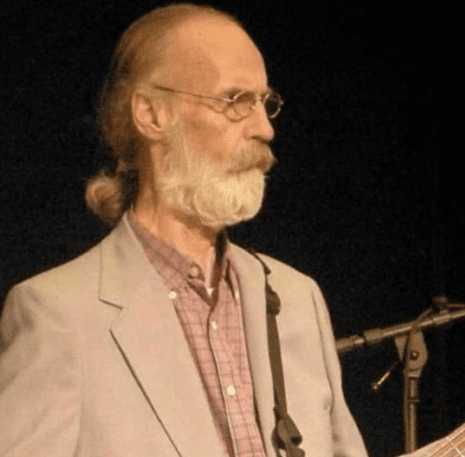
Handing Down a Humble Heritage
“Chris was a professional through and through. You could hear the jazz influence, no matter what genre he played,” said White. “What makes me smile the most about Chris is how much he encouraged and took time with young musicians. I think about him all the time.”
Ethridge passed away in 2012 at age 65, following complications from pancreatic cancer. In a tribute to him, Willie Nelson called him family and Randy Houser said, “Nobody played it like you, brother.”
White said Ethridge renewed his faith in Christ in the last days. “His cousin, Mississippi Chris Sharp, prayed with him. I look forward to seeing him again,” said White.
After Ethridge’s passing, his daughter, Necia, worked tirelessly to preserve his memory. Fifty-three years after his Nudie suit was stolen, a family friend informed Necia that the suit had been auctioned off shortly after the crime. They learned that in November 1970, Sir Elton John had bought the suit in an L.A. shop.
In 2023, after her extensive search, Necia purchased her father’s suit and allowed it to hang alongside the other Flying Burrito Brothers suits exhibited at the Country Music Hall of Fame.
Chris Ethridge may not have been the loudest voice in America’s musical story, but his steady melodic tones and root notes are the DNA of country-rock. His quiet reign marks him as one of American music history’s most versatile and essential bassists.
